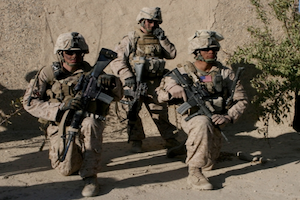Russian and American Strategies for Central Asia Ignore Link to Caucasus, Fall Short
By S. Enders Wimbush
February 18, 2021, the CACI Analyst
Both Russia and the United States are advertising new strategies for dealing with Central Asia, but each is deficient in its own way. While Russia seeks to exclude Afghanistan from its vision of Central Asia, the U.S. explicitly and wisely incorporates Afghanistan as organic to its vision. Neither vision links Central Asia strategically to a larger Eurasian concept that embraces the South Caucasus. To the contrary, both explicitly (the Russian version) or implicitly (the American version) isolate Central Asia geopolitically from the larger emerging political, economic, and security dynamics that Central Asians themselves seek to encourage to establish their region as the connective tissue between Asia and Europe.
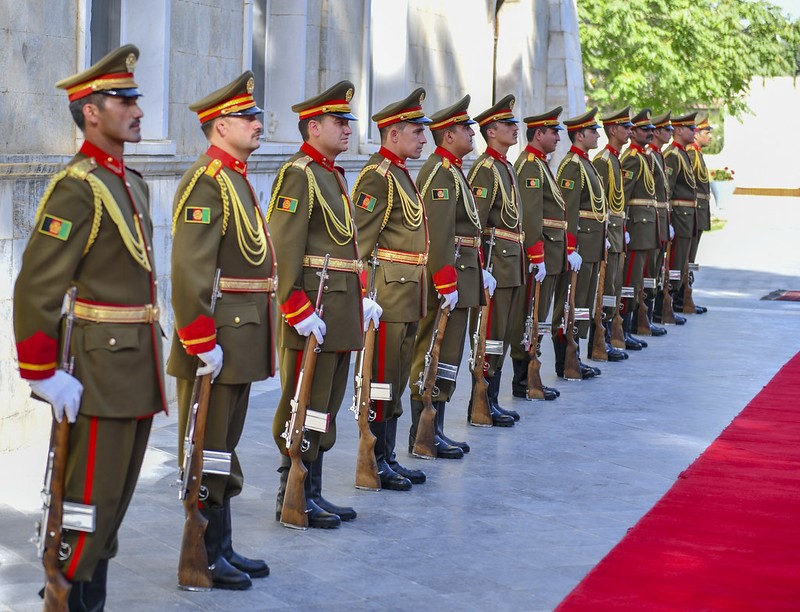
Can the Improved Pakistan-Afghanistan Relationship Save the Afghan Peace Process?
By Umair Jamal
December 16, 2020, the CACI Analyst
The visit of Abdullah Abdullah, head of Afghanistan’s High Council for National Reconciliation, to Pakistan in late September was considered a major shift in Kabul’s approach towards Islamabad. This was Abdullah’s first visit to Pakistan in his new role as the Afghan government’s top negotiator in the intra-Afghan peace talks. When serving in the previous administration as the Chief Executive Officer of the Unity Government, Abdullah declined several invitations to visit Pakistan. During the visit, Pakistan promised to push the Taliban to reduce violence and to support an “Afghan-led and Afghan-owned peace process” – which Abdullah has demanded for years. The ongoing push from both sides is intended to build trust and could prove to be a game changer for the Afghan peace process.
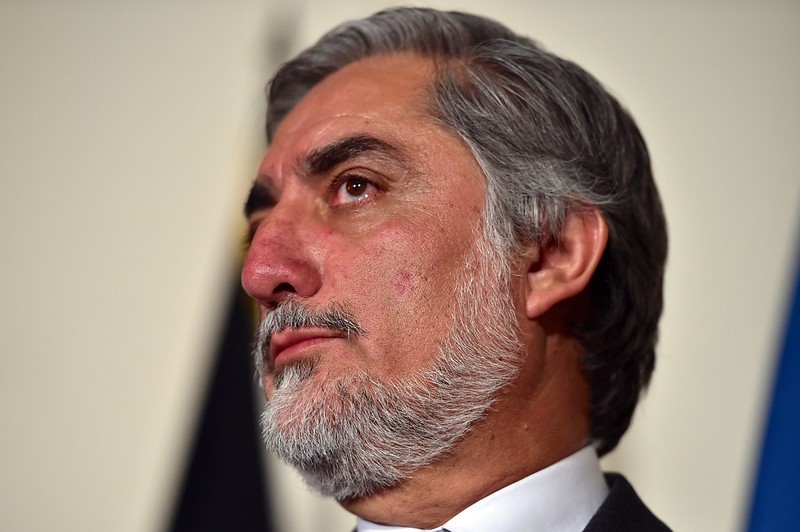
What does Iran and China's US$ 400 Billion Defense and Trade Deal Mean for India?
By Umair Jamal
September 30, 2020, the CACI Analyst
China and Iran’s US$ 400 billion trade deal will hurt India’s economic and security interests. With Iran likely to offer China the Chabahar port project, India’s Central Asia policy has suffered a huge setback. The Iran-China deal increases the importance of the China-Pakistan Economic Corridor (CPEC), a project that India opposes. Going forward, India’s ability to isolate Pakistan and balance China’s role will be severely circumscribed. The concerted effort of Iran, Pakistan and China to increase economic connectivity will definitely also involve Afghanistan, whereas India’s diplomacy faces an uphill task with the loss of a key ally to China.
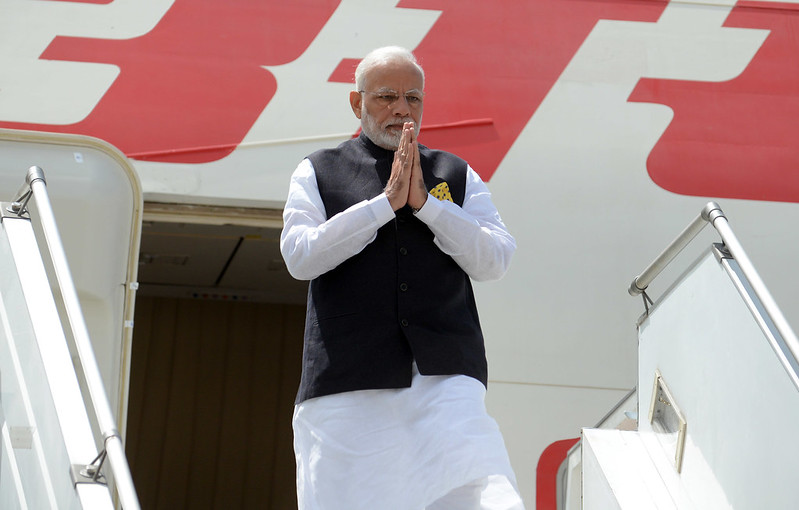
Russian Taliban Payments Underscore Moscow’s Afghan Challenges
By Richard Weitz
September 3, 2020, the CACI Analyst
The revelations that Russian intelligence may have hired criminals to attack NATO forces in Afghanistan underscores the complex nature of Moscow’s Afghan policies. Though what happened or why remains disputed, the reports highlight the Russian government’s weak tools for shaping the future of Afghanistan despite the country’s pivotal place in Russia’s Eurasian agenda.
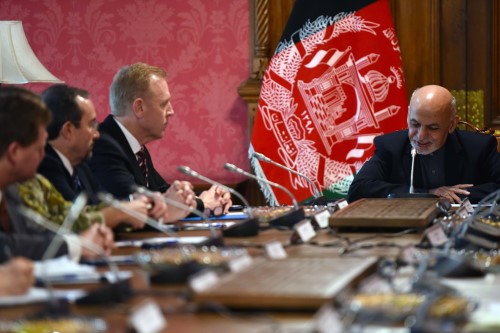
The US-Taliban Deal and its Impact on Iran-Pakistan Relations
By Niranjan Marjani
July 23, 2020, the CACI Analyst
The U.S.-Taliban deal has generated large amounts of analysis on stability and security in Afghanistan, the role of the Afghan government and Pakistan-Taliban relations. However, another important dimension of the deal is its impact on Iran-Pakistan relations. Pakistan’s relations with both Iran and the Afghan government are unstable, but Pakistan enjoys good relations with the Taliban. Iran has also sought to build contacts and relations with the Taliban. Thus, the recognition accorded to the Taliban in the deal could both improve Iran-Pakistan relations and give Iran an important role in Afghanistan. The increasing significance of the Taliban could worsen instability not only in Afghanistan but also across Central, West and South Asia while completely sidelining the Afghan government.
